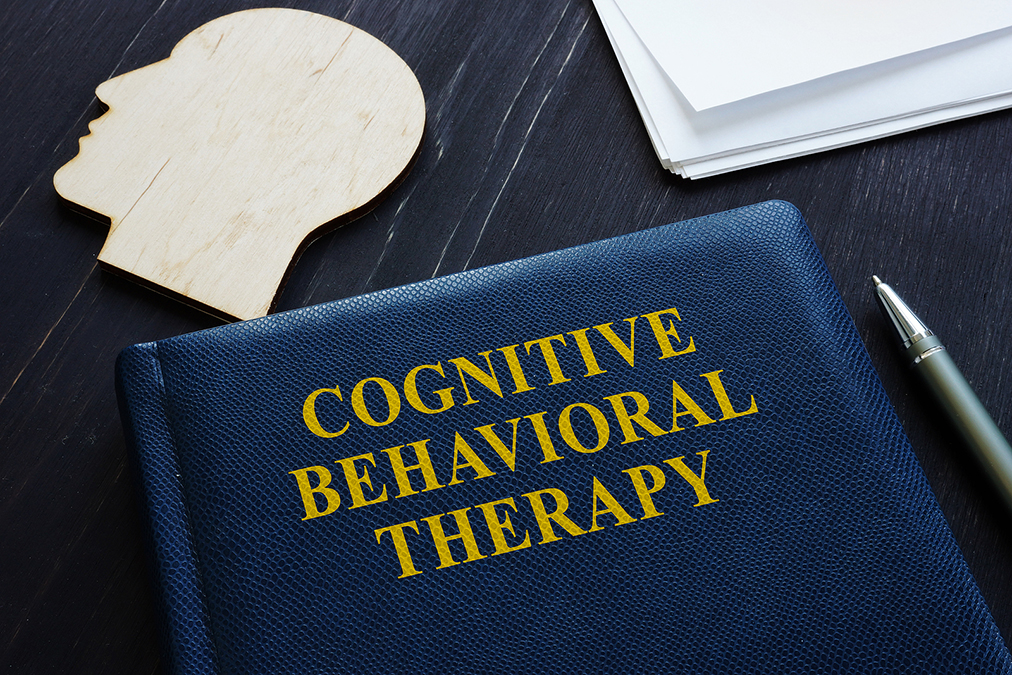 With all its various symptoms, hypothyroidism is an unpleasant condition to have and has a substantial deleterious effect on quality of life.
With all its various symptoms, hypothyroidism is an unpleasant condition to have and has a substantial deleterious effect on quality of life.
In a new study published in the journal Thyroid Research, scientists tested common drugs used to treat hypothyroidism, which they found largely ineffective.
So, they tried a different approach, which changes everything for people suffering from hypothyroidism.
Your thyroid hormones help your body to produce energy and to repair itself and to grow.
Their roles are so important that the symptoms of hypothyroidism (low thyroid hormone levels) include fatigue, weight gain, muscle and joint weakness, muscle and joint pain, depression, trouble with memory and concentration, sensitivity to cold, itchy and dry skin, hair loss, hoarseness, puffy face, constipation, and heavy and/or irregular menstruation.
The researchers consulted previous studies to find out whether the drugs typically prescribed for hypothyroidism could alleviate the serious deterioration in the quality of life of people with this condition and, according to their literature review, most studies showed that they could not.
This prompted them to ask whether cognitive behavioral therapy, or CBT, could do better, as it is specifically geared towards helping people to change their negative thoughts and negative perceptions of their environments.
To find out, they recruited 96 women between ages 18 and 45, all diagnosed with hypothyroidism by an endocrinologist with laboratory tests.
They all scored low on quality-of-life questionnaires and were all on medication for their condition. Those with depression, recent stressful life events, and chronic conditions like cardiovascular disease were excluded.
48 subjects were assigned to each of two groups: one that received CBT and one that received no intervention. The CBT group was further divided into four groups of 12 who received one session of group counseling per week for eight weeks.
They were taught stress reduction techniques, the relationship between negative thoughts and poor health, incorrect thoughts about hypothyroidism, how to identify negative attitudes, how to reconstruct negative attitudes, how to identify negative self-talk and correct it, how to visualize strong relationships, and so on.
Before and after the eight weeks, they gave their subjects two questionnaires to complete: a demographic questionnaire and a quality-of-life questionnaire called SF 36.
The participants given the CBT improved significantly on emotional and general physical health. They reported fewer emotional problems and reported that they had more emotional energy to deal with day-to-day life. Those in the control group enjoyed none of these benefits.
They also found substantial improvements in the CBT group’s physical functioning, role limitations due to their poor physical health, social functioning, and physical pain.
This suggests that CBT is a relatively promising approach to deal with the poor quality of life experienced by people with inactive thyroid glands.
But a little bit better is not enough. I’m sure you want to cure your hypothyroidism for good, and you can do that by making the few small lifestyle changes explained here…

 Multiple Sclerosis
Multiple Sclerosis Banishing Bronchitis
Banishing Bronchitis Gum Disease Gone
Gum Disease Gone Overcoming Onychomycosis
Overcoming Onychomycosis Neuropathy No More
Neuropathy No More The Prostate Protocol
The Prostate Protocol Brain Booster
Brain Booster
 Ironbound
Ironbound
 Solution for Shingles
Solution for Shingles
 The Bone Density Solution
The Bone Density Solution
 The Ultimate Healing Protocol
The Ultimate Healing Protocol
 The Parkinson's Protocol
The Parkinson's Protocol
 The Chronic Kidney Disease Solution
The Chronic Kidney Disease Solution
 Overthrowing Anxiety
Overthrowing Anxiety The Fatty Liver Solution
The Fatty Liver Solution The Hypothyroidism Solution
The Hypothyroidism Solution
 The End of Gout
The End of Gout The Blood Pressure Program
The Blood Pressure Program
 The Oxigized Cholesterol Strategy
The Oxigized Cholesterol Strategy
 Stop Snoring And Sleep Apnea Program
Stop Snoring And Sleep Apnea Program
 The Arthritis Strategy
The Arthritis Strategy The Vertigo & Dizziness Program
The Vertigo & Dizziness Program The 3-Step Diabetes Strategy
The 3-Step Diabetes Strategy Hemorrhoids Healing Protocol
Hemorrhoids Healing Protocol The Erectile Dysfunction Master
The Erectile Dysfunction Master Weight Loss Breeze
Weight Loss Breeze The IBS Program
The IBS Program The Insomnia Program
The Insomnia Program The Migraine and Headache Program
The Migraine and Headache Program The Neck Pain Solution
The Neck Pain Solution The Menopause Solution
The Menopause Solution The Ejaculation Master
The Ejaculation Master The TMJ Solution
The TMJ Solution The Acid Reflux Solution
The Acid Reflux Solution The Fibromyalgia Solution
The Fibromyalgia Solution The Psoriasis Strategy
The Psoriasis Strategy